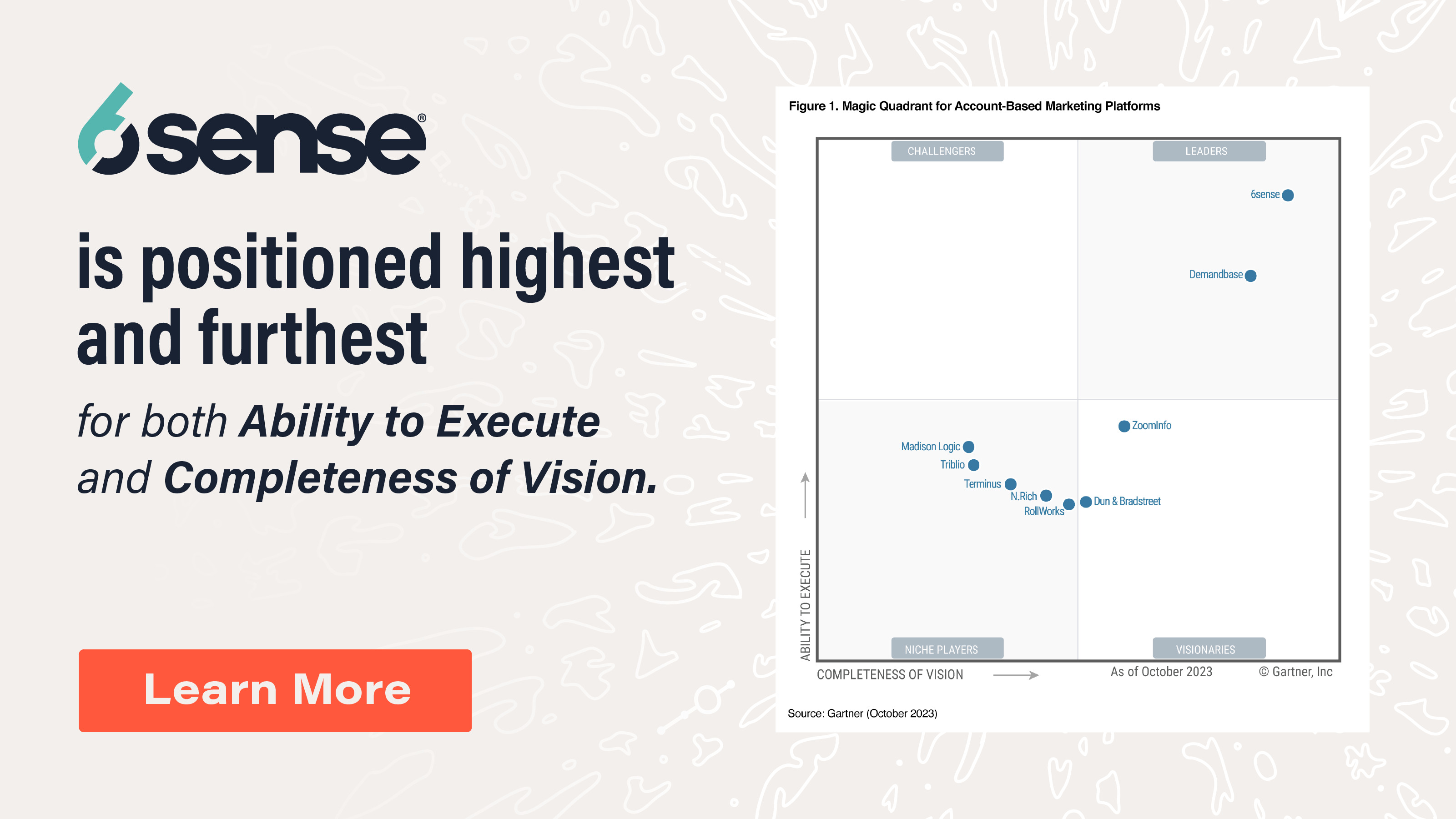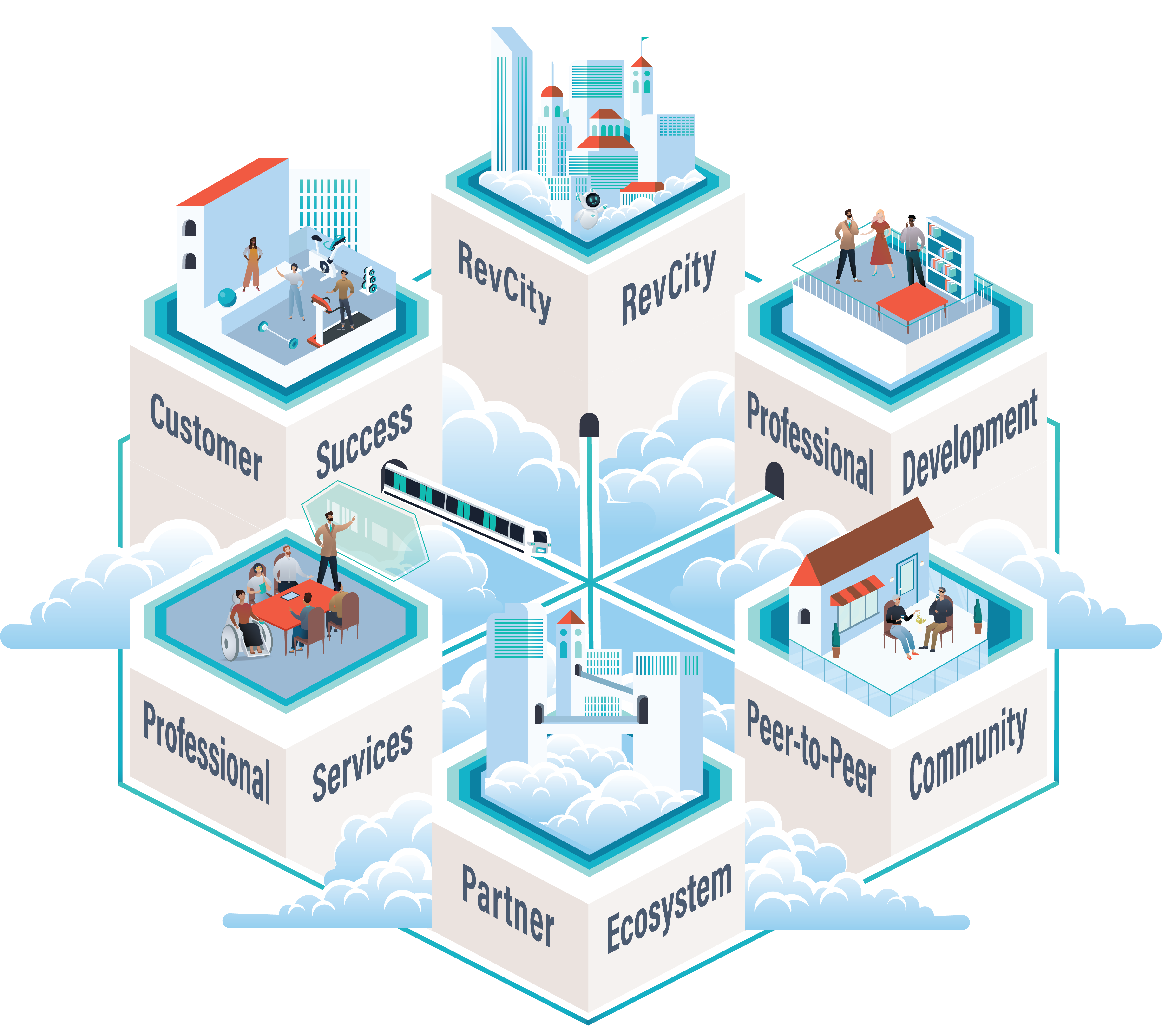The launch of ChatGPT has increased interest in AI across every industry. While the advent of this Age of Intelligence might seem novel, automation and AI have actually been around longer than you might think.
Some examples include:
- Manufacturers incorporated automation into their assembly systems since as early as the 1970s
- The financial industry is at the forefront of AI and automation, helping them measure risk and identify investment opportunities
- The medical field has leveraged AI and automation for decades to help with precision surgeries, identifying medical trends, and faster specimen collection and analyzing
These industries have realized the immense benefits of using automation to perform repetitive tasks and optimize their processes. By using automation, companies have been able to realize:
- Increased productivity
- More efficient processes
- Higher profit margins
Now, more businesses are starting to realize the benefits associated with AI — particularly its ability to automate parts of the creative process and generate the benefits that other industries have leveraged for decades. Generative AI — or AI that can create content, audio, video, etc. — will be the future for marketers and we only have to look to manufacturing to understand why.
It won’t be long before AI will be incorporated into nearly every aspect of marketing, helping to alleviate the burden of manual and time-consuming tasks — and freeing marketers to spend more time thinking creatively and pushing boundaries.
How Generative AI Will Save Marketers Time
Marketing is generally thought of as a creative field that thrives on smart campaigns, razor-sharp copy, and eye-catching design.
But there are a ton of administrative tasks that bog down marketers, forcing them to spend valuable time on repetitive, manual processes when their efforts could be better served elsewhere.
Here are some examples of tedious, manual tasks that eat away at a marketer’s time:
- Creating transcripts and recaps of podcasts, webinars, and presentations
- Crafting follow-up emails to inbound leads or people who register for events
- Updating or creating new images that are needed across multiple campaigns
Generative AI can assist marketers with all of those tasks by quickly assessing large amounts of information, synthesizing it for the correct audience, and delivering an initial draft in a fraction of the amount of time it would take a human.
We’re still in the early stages of generative AI, but a future where AI assists across the entirety of marketing activity is quickly approaching.
Where is Generative AI Headed?
In an interview with Martech, Paul Roetzer, founder and CEO of the Marketing AI Institute, explained where he sees generative AI going for marketers.
“I wouldn’t be shocked if … in the next six to 12 months [y]ou’ll be able to take a language model and feed it all your text, all your video, all your audio, all your images specific to your brand or organization and it learns from that set. Then you could actually adjust the weights to say, ‘Hey, when you’re creating outputs, give stronger weight to our proprietary data,’” he said.
This is a process called “fine tuning,” and businesses are racing to find ways to enhance Large Language Models (LLM) like GPT-3 with their own data. Think of the core LLM like a person’s general education, and “fine tuning” like the business operations manuals used to onboard new employees.
The future he sees for AI is a whole new level of efficiency unlocked for marketers. By being able to teach the AI your brand’s visual aesthetic, the language you use, the webinars you’ve run, and all of your product information, it will be able to start producing very accurate content that hits the mark much faster.
The real benefit of the landscape he’s describing is the iterative nature of it. As AI ingests your content and anything else you throw its way, it starts to learn faster and make smarter recommendations.
Generative AI Will — and is Already — Revolutionizing Email Marketing
One example of generative AI’s ability to transform marketing activities is conversational email.
A conversational email platform takes advantage of AI to send emails, respond to inbound leads, and generally handle the most repetitive and monotonous tasks associated with email marketing.
The era of the static drip email campaign may be coming to an end. Now, conversational email tools can create emails that are personalized for your different audiences at scale.
As AI continues to grow and learn your specific business — the way you speak, the value propositions of your products, the tones you use for different offers — conversational email will become an increasingly important tool that enables personalized communication at scale.
And conversational email is just one small — but powerful — example of how AI will transform the way marketers do their job.
Conclusion
Generative AI is already starting to make waves within the marketing industry. But we’ve only seen the tip of the iceberg of what’s possible. If marketers adopt AI in the way manufacturers have, then the time and money saved, combined with the revenue and quality output generated, will be hard to fathom.



